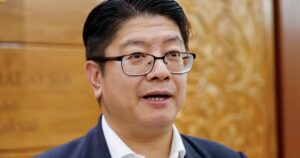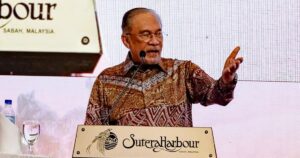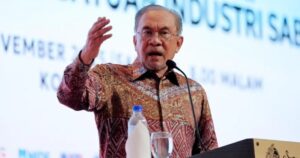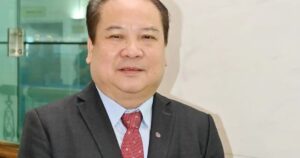
Clear and timely guidance is crucial to maintain investor confidence and prevent disruptions to supply chains that are integrated with the US and global markets, according to the Federation of Malaysian Manufacturers (FMM).
The federation said targeted support measures are needed, including regulatory facilitation, specialised advisory services, bilateral engagements to ease market entry barriers, and access to financing mechanisms that reduce investment risks and costs.
At the policy level, FMM urged the government to strengthen support for both domestic and outward investment strategies to ensure Malaysia’s continued competitiveness in the global semiconductor industry.
“The National Semiconductor Strategy, which is currently being implemented, must be driven forward with greater urgency and focus, particularly in enhancing investment in integrated circuit design, advanced packaging, wafer fabrication, research and development, and talent development.
“In parallel, companies considering expansion into the US or other markets require dedicated facilitation to support their internationalisation efforts,” it said in a statement today.
FMM expressed concern over the announcement by the US to impose a 100% tariff on imported semiconductor chips, with exemptions only for companies that manufacture or plan to manufacture within the US.
This development has created uncertainty for semiconductor companies operating in Malaysia, particularly US-based firms that have long used the country as a trusted base for global supply and exports to the US market.
FMM noted that establishing operations abroad is complex and capital-intensive, requiring time, expertise and sustained institutional support.
Therefore, it stressed that these support measures are critical to help Malaysian manufacturers respond effectively to shifting global trade dynamics without being forced to relocate core operations.
With the right support, FMM said companies can retain and grow high-value activities in Malaysia while also expanding strategically where necessary.
It also reaffirmed its commitment to working closely with the government and international partners to ensure that Malaysia’s position as a competitive, reliable and trusted hub in the global semiconductor and manufacturing ecosystem is not only preserved but continuously strengthened.
Malaysia is globally recognised as a leading hub for semiconductor assembly, packaging, and testing, contributing an estimated 13% of global backend semiconductor output.
Semiconductors were previously excluded from US reciprocal tariffs.
The proposed policy shift has raised immediate concerns among manufacturers, many of whom are seeking urgent clarification on whether their Malaysia-based operations will now fall within the scope of the new measure.






